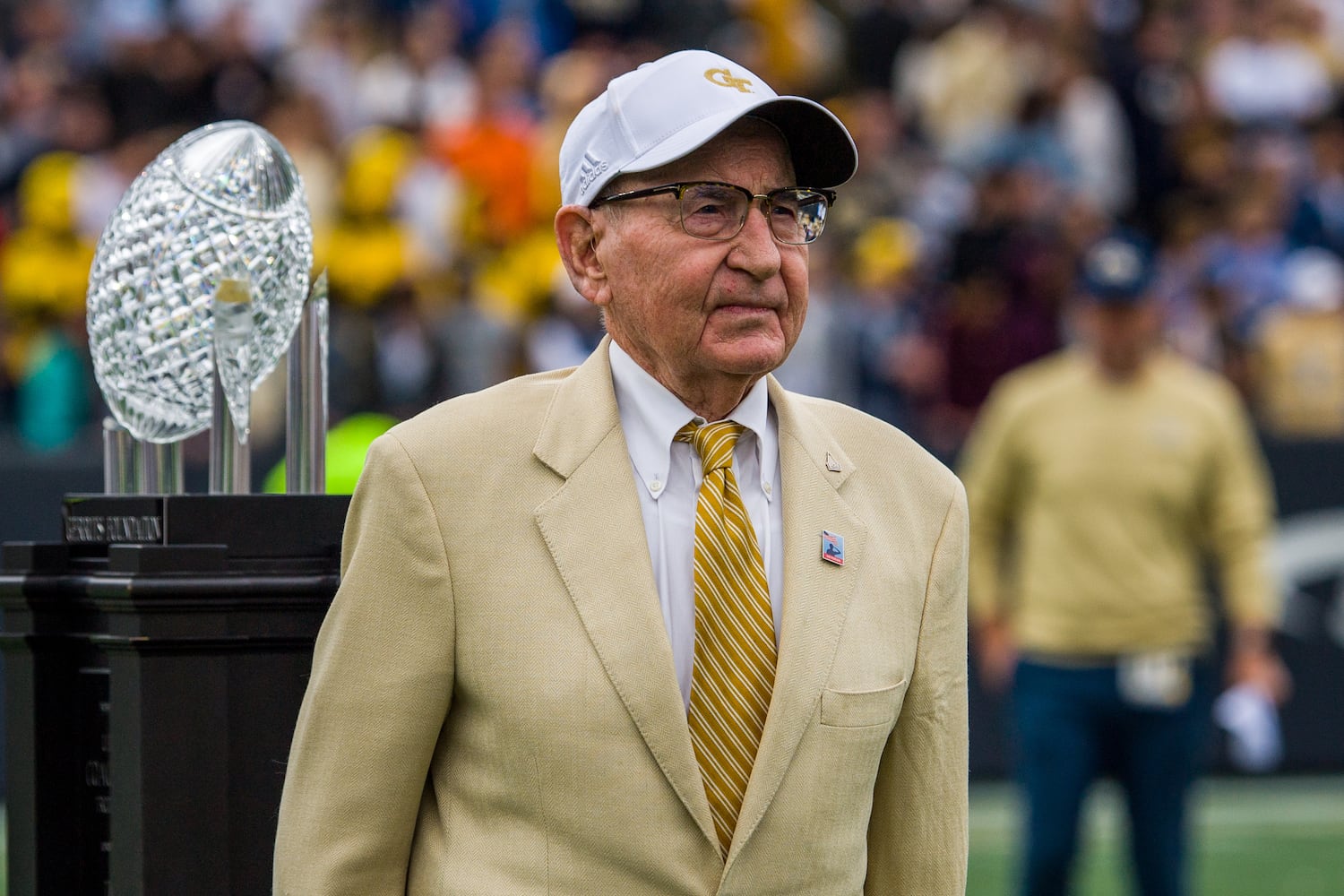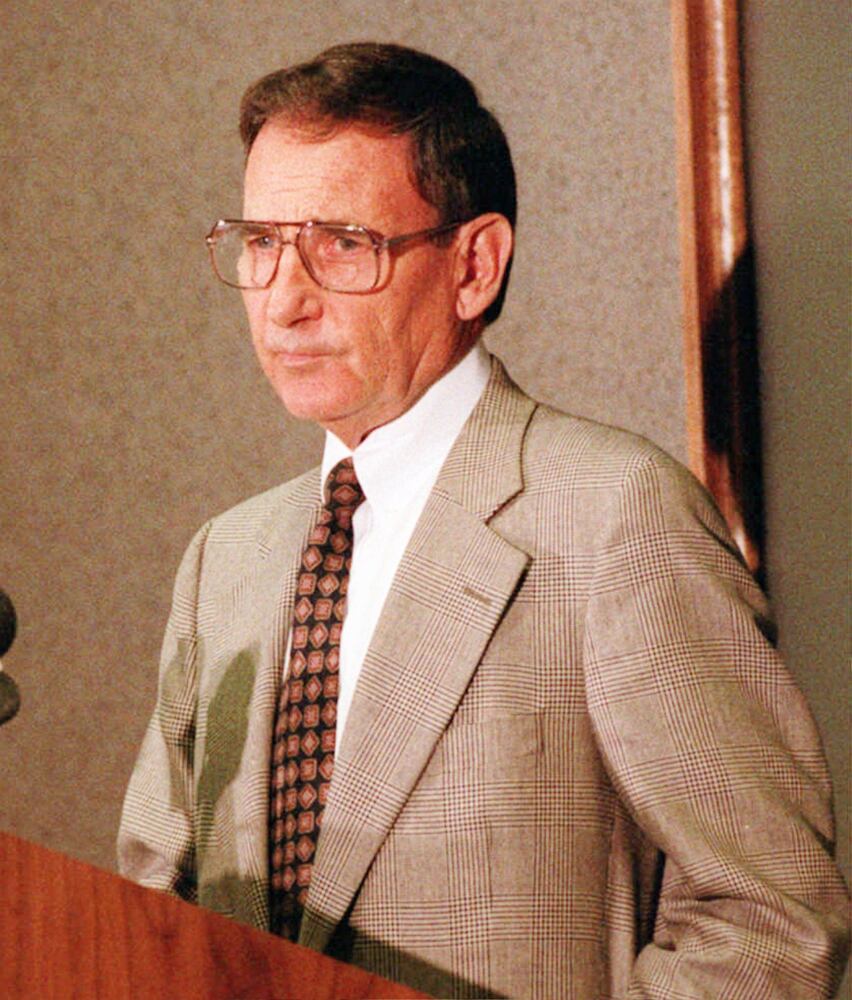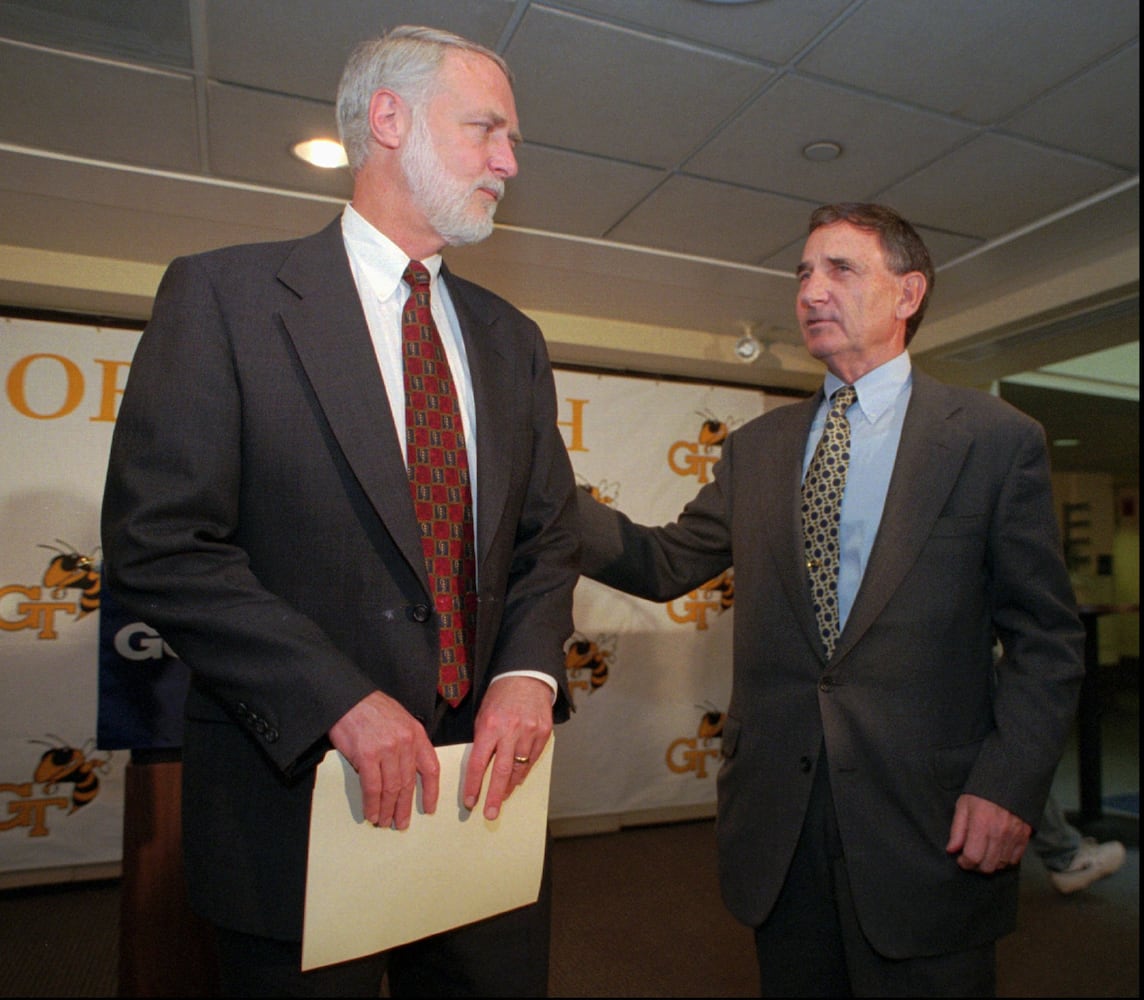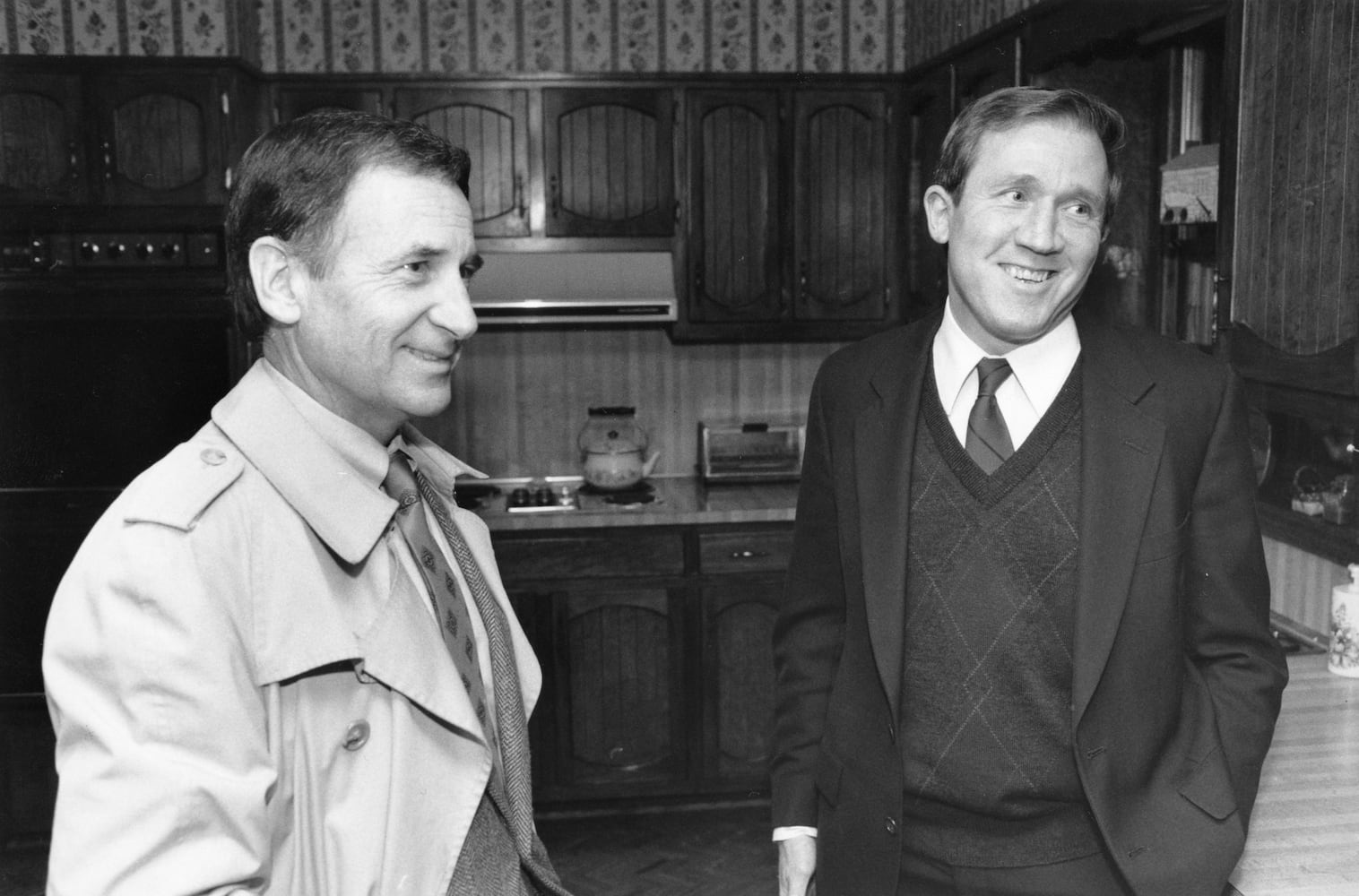He didn’t seem like a football coach. That was my thought when I met Homer Rice, who’d just been installed as the Cincinnati Bengals’ head coach.
It was October 1978. The Bengals had started 0-5 in their third season under Bill Johnson. Not three years earlier, Johnson had been anointed to succeed franchise patriarch Paul Brown as head coach. That choice was historic. Brown promoted his line coach over his offensive coordinator, who left. The OC was Bill Walsh, who did OK elsewhere.
On a gloomy Thursday at the Bengals’ practice facility, Brown stood by himself as Rice, who’d been bumped upstairs in the effort to salvage a season, conducted his second practice. Not to get simplistic, but Johnson – nicknamed Tiger, he’d played center for the 49ers – had looked like a football coach, albeit an aging one. Rice was dark and trim and smallish. Before 1978, he hadn’t worked in the NFL.
It was my first year at the Lexington Herald-Leader. I’d been sent up the interstate in midweek to write about Rice, who’d grown up in Northern Kentucky. He’d become a college assistant at Kentucky and Oklahoma, head coach and athletic director at Cincinnati. He’d been HC at Rice, no pun intended, and AD at North Carolina. He’d had an intriguing career.
I had no idea if he’d agree to speak with me. He not only agreed but ushered me inside the bare-bones building. It was my first one-on-one interview with an NFL head coach. Five minutes in, I was thinking, “This is the nicest guy I’ve ever met.”
He spoke in complete sentences, full paragraphs. He didn’t say, “We’ve got to go out there and hit people.” He invoked psychology. “We’ve just gone through a traumatic experience with Bill leaving,” Rice said. “We’re at low ebb. I don’t think you can set goals until you get things stabilized. You have to start to improve a little, and then we can start thinking about getting back in the (division) race.”
That morning, Ray Buck of the Cincinnati Enquirer had written about Rice’s tidy desk and the four pencils positioned near his right hand. I noted the pencils. Still four. More from Rice: “There will just be gradual change. We have to avoid disruptions. If you start making major changes overnight, you get the players’ heads spinning faster than they already are.”
We spoke for 20 minutes. I left with my head spinning. Here was a football coach who could have been anything – doctor, teacher, life coach. What I didn’t know was that he’d become all of those.
His Bengals tenure didn’t go so well, though the ‘78 team won its final three games – included was a 37-7 rout of the playoff-bound Falcons – and led Brown to give the interim coach another year. That also ended 4-12. The coaching staff was fired, though Brown asked Rice to remain with the organization. He chose to take a job in Atlanta, though not with the Falcons and not as a coach.
He became AD at the Georgia Institute of Technology. At Tech, he did the stuff you’d want an AD to do. He hired Bobby Cremins and Bobby Ross, Bernadette McGlade and Jim Morris. Beyond that, Rice started the Total Person program, which caused rival schools to scoff – “What does THAT mean?” – but a guy who arrived at the AJC in 1984 knew exactly what it meant.
As corny as it sounds, Homer Rice was a total person. The son of a Methodist minister become an All-American football quarterback at Centre College in Danville, Kentucky, but he never viewed sports as an entity unto itself. He saw sports as a part, and only a part, of life.
Rice served in the Navy during World War II. He won 50 consecutive games while coaching Fort Thomas Highlands High, his alma mater. In 1967, he turned down a chance to be Oklahoma’s head coach. He helped develop and wrote a noted book about the triple option. He had a master’s degree and a Ph.D. He came to Atlanta and brought the Yellow Jackets into their ACC era. Those are the headlines. If we got into details, we’ll be here until Christmas.
I came to know Homer Rice better over my time at this newspaper, but my first impression never changed – wise man, nice man, great man. He died Monday at 97. Maybe you know of a life better lived. I don’t.
About the Author
Keep Reading
The Latest
Featured






